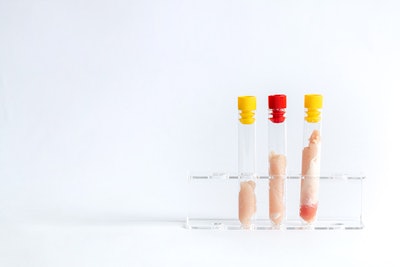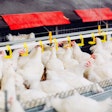
The Food Safety Modernization for Innovative Technologies Act was introduced into the senate by Jon Tester (D-Montana) and Mike Enzi (R-Wyoming) on December 16, 2019.
If enacted, the bill would ensure that the interagency agreement between the United States Department of Agriculture’s (USDA) Food Safety and Inspection Service (FSIS) and the Department of Health and Human Services’ (HHS) Food and Drug Administration (FDA) would have legal authority over lab-grown meat products.
“Emerging technologies may reshape the food industry in the coming years,” Enzi said in a press release. “Existing food safety laws were drafted long before these technologies were contemplated. Our legislation would create an up-to-date framework in law so agencies appropriately work together to ensure folks know what they are eating and that it is safe.”
Lab-grown meat is a product derived from animal cell cultures designed to mimic the taste, texture and appearance of real animal products.
An interagency agreement
The production of lab-grown meat is currently under the overlapping authorities of the USDA and the FDA.
The FDA is responsible for the oversight of the growth and collection of cultured cells, while the USDA oversees the processing of any cells into meat and the labeling of any products, according to a memorandum of understanding (MOU) released in March 2019.
“This is important because each agency performs its duties differently,” Elizabeth Rumley, senior staff attorney with the National Agricultural Law Center, a unit of the University of Arkansas System Division of Agriculture, explained in a December 2019 panel discussion on the “Future of Protein.”
“For example, FDA conducts inspections of food production establishments and warehouses, and collects and analyzes samples for contamination. FSIS inspectors are physically present at all times a slaughter plant is in operation. They are present at least part of each day in facilities where meat and poultry products are further processed.”
Like what you just read? Sign up now for free to receive the Poultry Future Newslette














